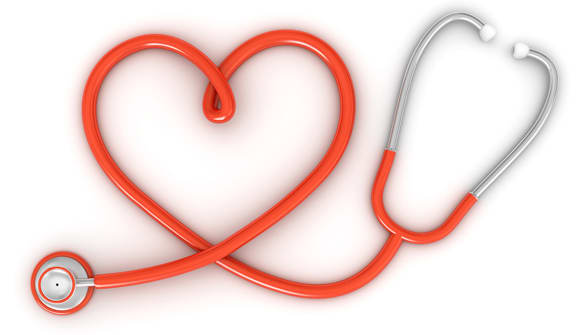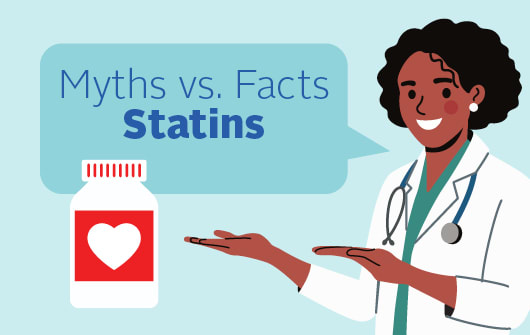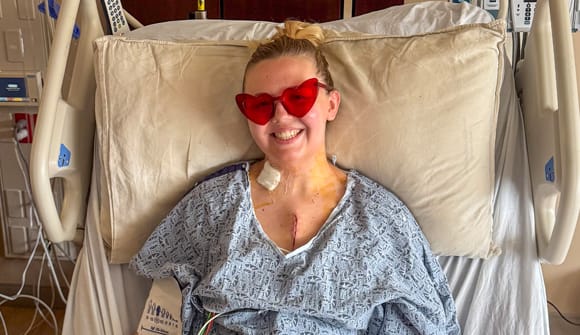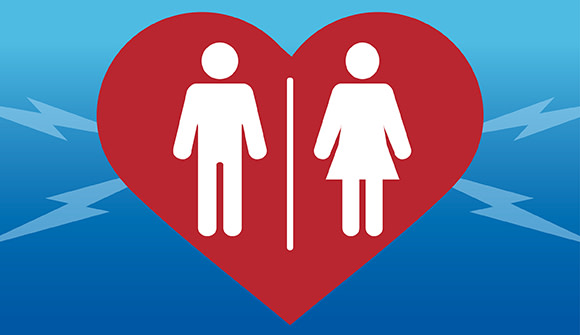
Avoiding the afternoon slump
Heart-healthy tips to increase energy without caffeine.

Heart-healthy tips to increase energy without caffeine.

Massive gap in infant’s tiny heart fixed for good.

A year-round love story.

Debunking myths about the heart protection pill.

Undetected heart defect leads to emergency open-heart surgery.

Men and women have different heart attack symptoms.

How a callus became a key indicator of severe heart disease.

Early menopause increases risk of cardiovascular disease.

When it’s time to see a cardiologist.